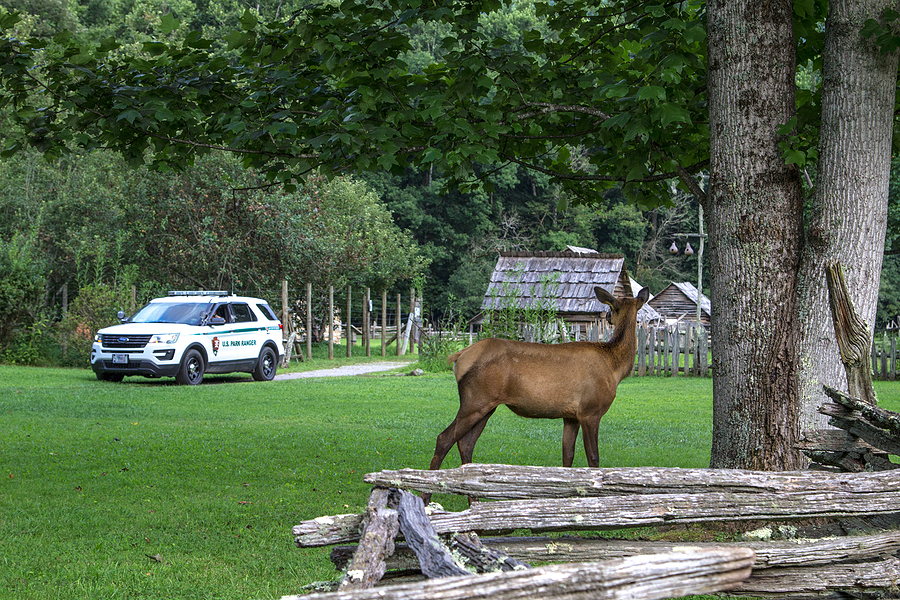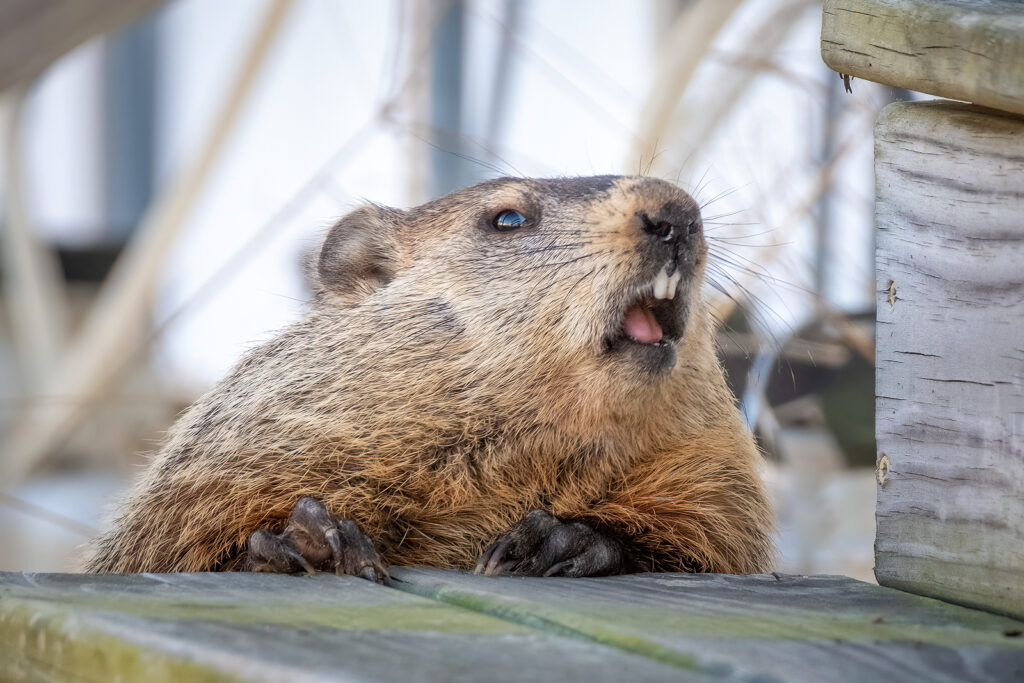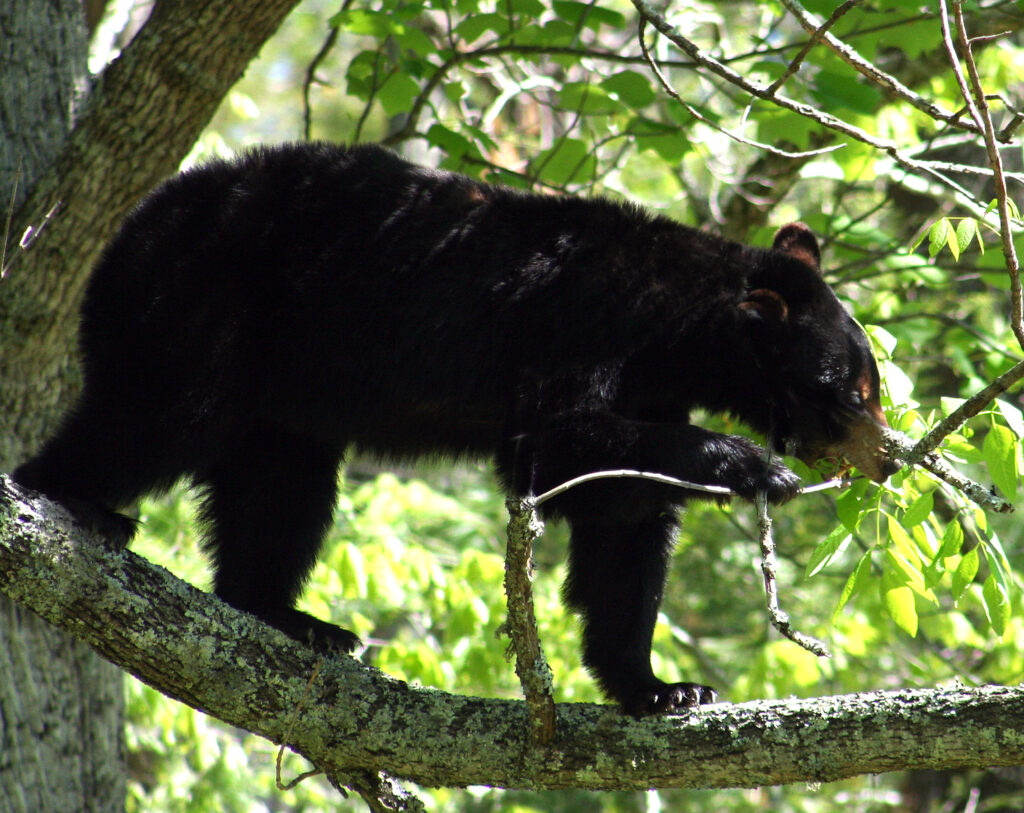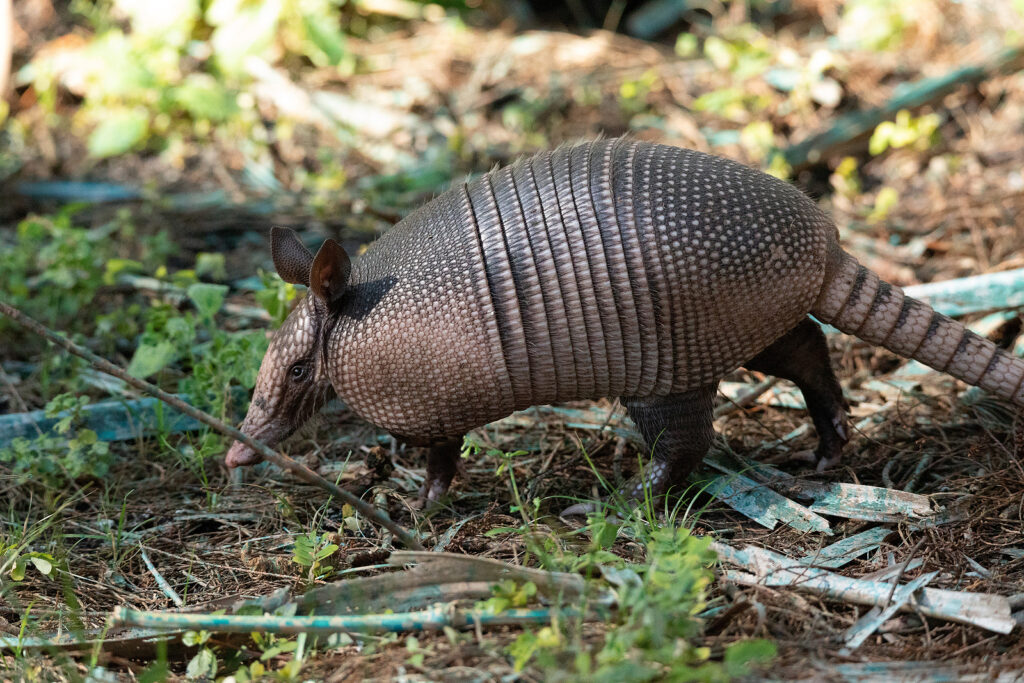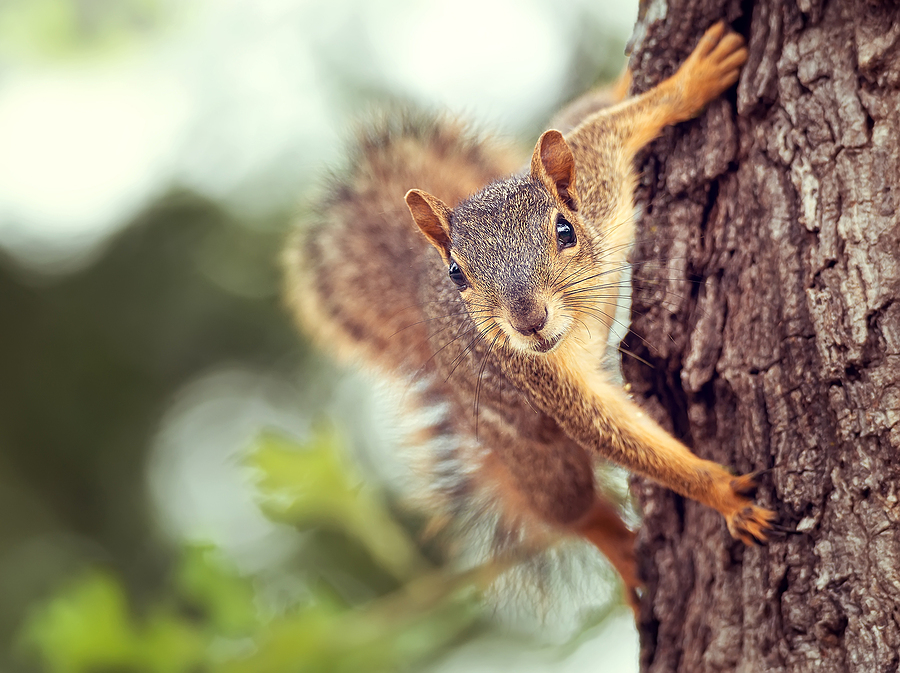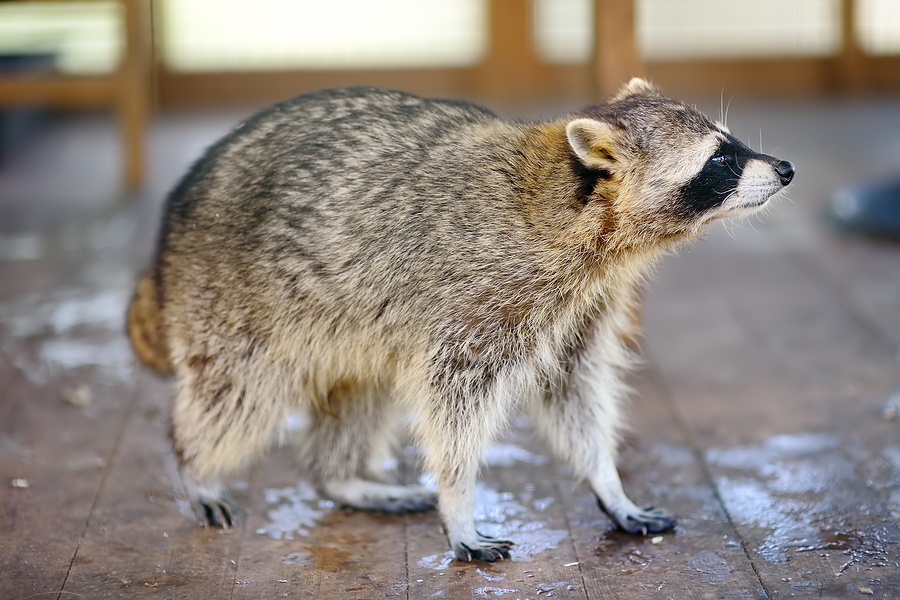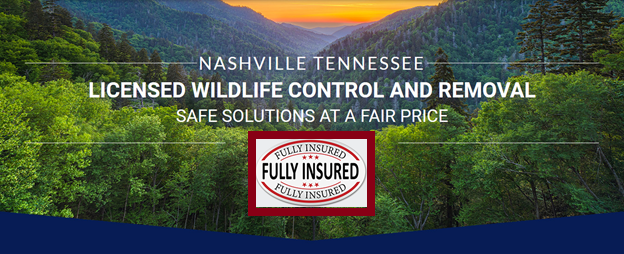Nestled within the sprawling landscapes of Tennessee, a rich tapestry of flora and fauna thrives. This mosaic of nature is essential to Tennessee’s identity, woven into its culture, history, and the very heart of the communities that call this state home. However, within this intricate web of life, certain species are facing the harrowing threat of extinction. It’s incumbent upon us to understand, appreciate, and most importantly, to protect them.
In this elaborate exploration, we’ll venture into the scope of endangered species in Tennessee’s wilderness, delineate the species that are perilously close to vanishing, expound upon the tireless efforts of conservationists, and illuminate the path for you, the individual, to lend your hand in preserving the pulse of Tennessee.
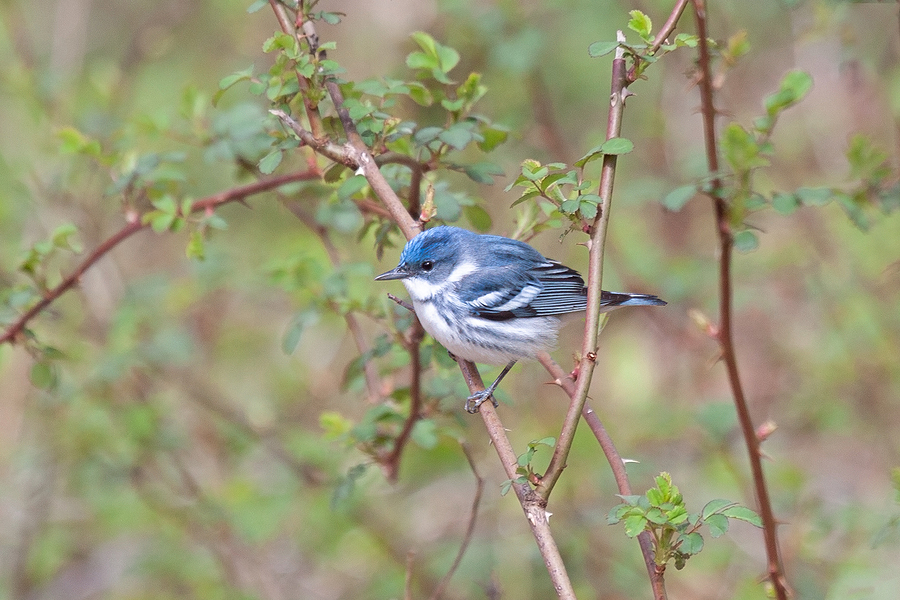
Endangered Species in Tennessee and the Smokies
In the hills, deltas, and forests of Tennessee, there is a quiet struggle taking place. A host of plants and animals, once abundant, now teeter on the brink of extinction. Magnificent creatures such as the Indiana bat, the bog turtle, the red-cockaded woodpecker, and the cerulean warbler, who added splashes of color and intrigue to the verdant canvas of Tennessee’s landscape, are now in desperate need of our help.
The factors leading to their decline are as numerous as they are heartbreaking. Loss of habitat, pollution, climate change, and the encroachment of human activity all play their part in this silent siege. But amidst this bleak tableau, there is hope. The drumbeat of conservation is growing louder, and the call to protect our most vulnerable neighbors is becoming a resounding chorus, beckoning to all who will listen.
A Symphony of Wildlife Conservation Efforts
Tennessee is not lacking in heroes, those who champion the cause of conservation tirelessly. Organizations like the Tennessee Wildlife Resources Agency (TWRA) and the U.S. Fish and Wildlife Service have been at the forefront of these efforts, spearheading initiatives to restore habitats, protect critical areas, and educate the public on the importance of biodiversity.
But it’s not just the large-scale organizations that make a difference. Community groups, local schools, and passionate individuals are also instrumental in safeguarding Tennessee’s wildlife. In recent years, success stories have begun to emerge, such as the rebound of the bald eagle population, a triumph that speaks volumes about what concerted effort can achieve.
How Each One of Us Can Be the Change
The task ahead is colossal, but it’s within our grasp. Every action, no matter how small, contributes to the collective effort of conservation. Homeowners can create wildlife-friendly gardens, reduce their use of pesticides, and build bat houses to provide safe roosts. The general public can support local conservation projects, report wildlife sightings, and volunteer their time.
Importantly, when it comes to co-habiting with wildlife, the keyword is co-existence. Understanding and respecting the space of these creatures is crucial. Educating yourself and others about humane ways to interact with wildlife, especially nuisance species like raccoons and squirrels, ensures that our actions do not inadvertently harm the very creatures we seek to protect.
How to Protect Your Property Against Nuisance Wildlife Threats and Intrusions
Homeowners and property owners in Tennessee can take proactive measures to protect their properties against nuisance wildlife threats and intrusions while still respecting the natural habitats of these animals. Here are a few tips to get started:
Seal off entry points: Inspect your property for any openings or gaps that could serve as entry points for wildlife, such as holes in your roof or cracks in your foundation. Seal them off to prevent animals from getting inside.
Secure food sources: Keep garbage cans tightly sealed and dispose of food waste properly. Avoid leaving pet food or birdseed out overnight, as it can attract unwanted wildlife.
Create a animal-proof garden: Plant native species that thwart wildlife, like marigolds and cucumbers. Also, avoid using pesticides that could harm animals and the environment. Remove potential shelters for small animals, such as brush piles or overgrown grass.
Hire Professionals: If you have a persistent problem with nuisance wildlife, it’s best to seek the help of a professional. They can safely remove the animal and provide tips on how to prevent further intrusions.
Conclusion
In conclusion, the link between humanity and the natural world is unbreakable, a covenant that must be honored and preserved. Tennessee’s endangered species are not merely a part of the landscape; they define the rhythm of life within these environment, just as our breath defines our being.
Take up the banner of conservation and become a steward of Tennessee’s wildlife. Spread the word, take action, and together, we can secure a future where these precious species are not mere relics of our past but vibrant threads in the tapestry of Tennessee’s tomorrows.
Do you love Tennessee’s nature, but still wish to keep those nuisance critters in control? Contact Smoky Wildlife Control at 615-610-0962 for TWRA licensed animal removal and control in Nashville, Tennessee and beyond. We work with many types of wildlife and serve both residential and commercial clients.
Related Posts:
The Role of Responsible Wildlife Control in Nashville’s Ecosystem
Exploring the Role of Synanthropes in Urban Areas
Why You Should Not Feed the Wild Animals Around Your House

